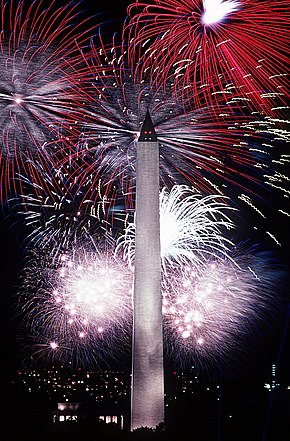
With all-American Fourth of July festivities like fireworks, frankfurters, and hamburgers, we continually construct our identification with an imagined community, as Benedict Anderson emphasized thirty years ago. Like the nation, the values that we associate with the United States, (e.g., democracy, equality, and liberty) are imagined constructs whose conceptions shift over time.
The United States is a nation of immigrants with the Statue of Liberty welcoming the “huddled masses” one of those frequently invoked traits. Beyond questions over the place of Native Americans in the nation of immigrants and contemporary debates over “immigration reform” and “border security,” the recent court case involving a yoga program in the Encinitas, California, public schools (which I have discussed previously here and here) illustrates the imagined nature of this national trait in a surprising way. Continue reading “All-American Fireworks, Hamburgers, Frankfurters and Yoga”
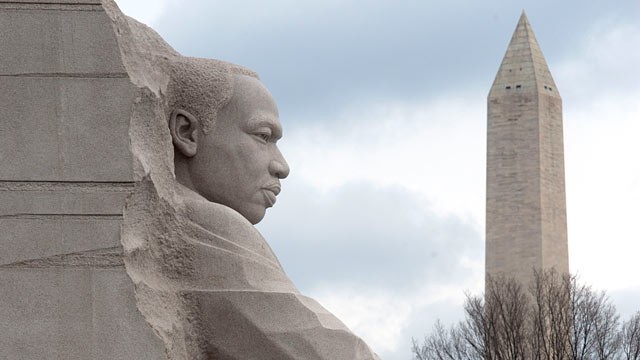 In the U.S. today is Martin Luther King Day, a federal holiday established in 1986 to commemorate the life and achievements of the noted civil rights leader who was tragically assassinated outside his motel room in Memphis in 1968.
In the U.S. today is Martin Luther King Day, a federal holiday established in 1986 to commemorate the life and achievements of the noted civil rights leader who was tragically assassinated outside his motel room in Memphis in 1968.
 While I admit to having issues with the sort of individual, rational thinker that
While I admit to having issues with the sort of individual, rational thinker that  Each New Year’s day, since 2008, two National Hockey League teams face-off — as they say — in an outdoor game that’s called the
Each New Year’s day, since 2008, two National Hockey League teams face-off — as they say — in an outdoor game that’s called the 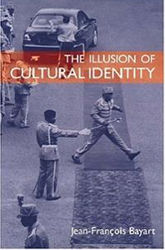 “Faced with Franciscans who deployed an evangelism of a culturalist type and sought to legitimise authochthonous civilisation to the point of taking care to respect its established hierarchy, the sedentary natives of New Spain chose to submit and to accept the Europeans’ religion. However, they converted ‘in order to remain Indians’. The
“Faced with Franciscans who deployed an evangelism of a culturalist type and sought to legitimise authochthonous civilisation to the point of taking care to respect its established hierarchy, the sedentary natives of New Spain chose to submit and to accept the Europeans’ religion. However, they converted ‘in order to remain Indians’. The 
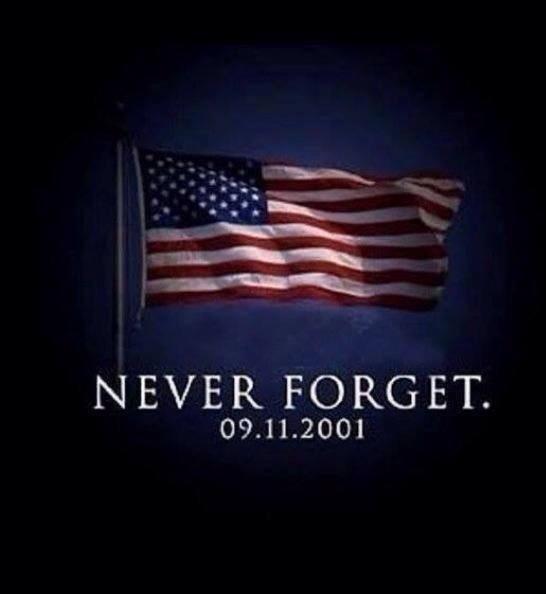 Okay, I’ll go for a 9/11 post…but I’ll make it quick. I’m seeing a lot of images on Facebook like the one above, posted by friends of various political persuasions. All these friends can appeal to what they have in common, after all–a unifying sense of patriotism and national identity.
Okay, I’ll go for a 9/11 post…but I’ll make it quick. I’m seeing a lot of images on Facebook like the one above, posted by friends of various political persuasions. All these friends can appeal to what they have in common, after all–a unifying sense of patriotism and national identity. 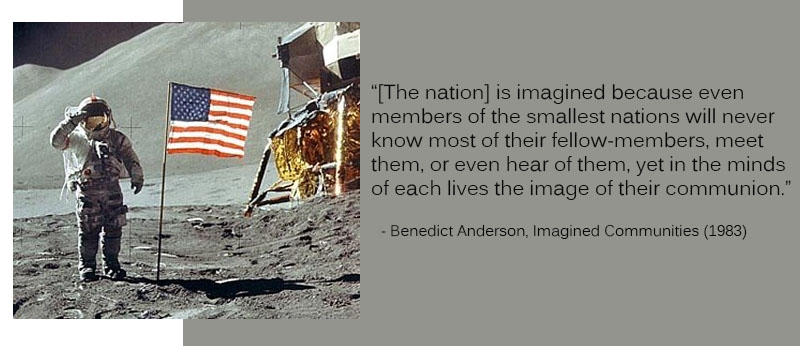 Read
Read 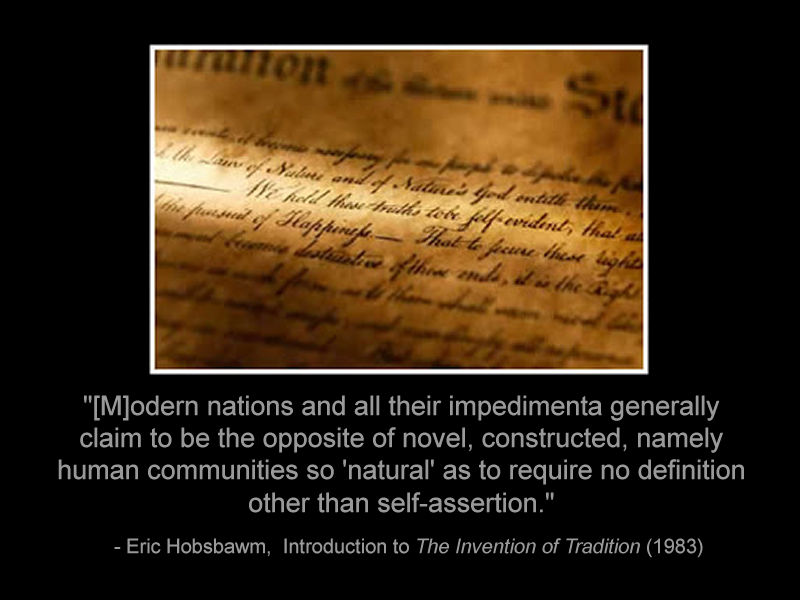 Read
Read 
